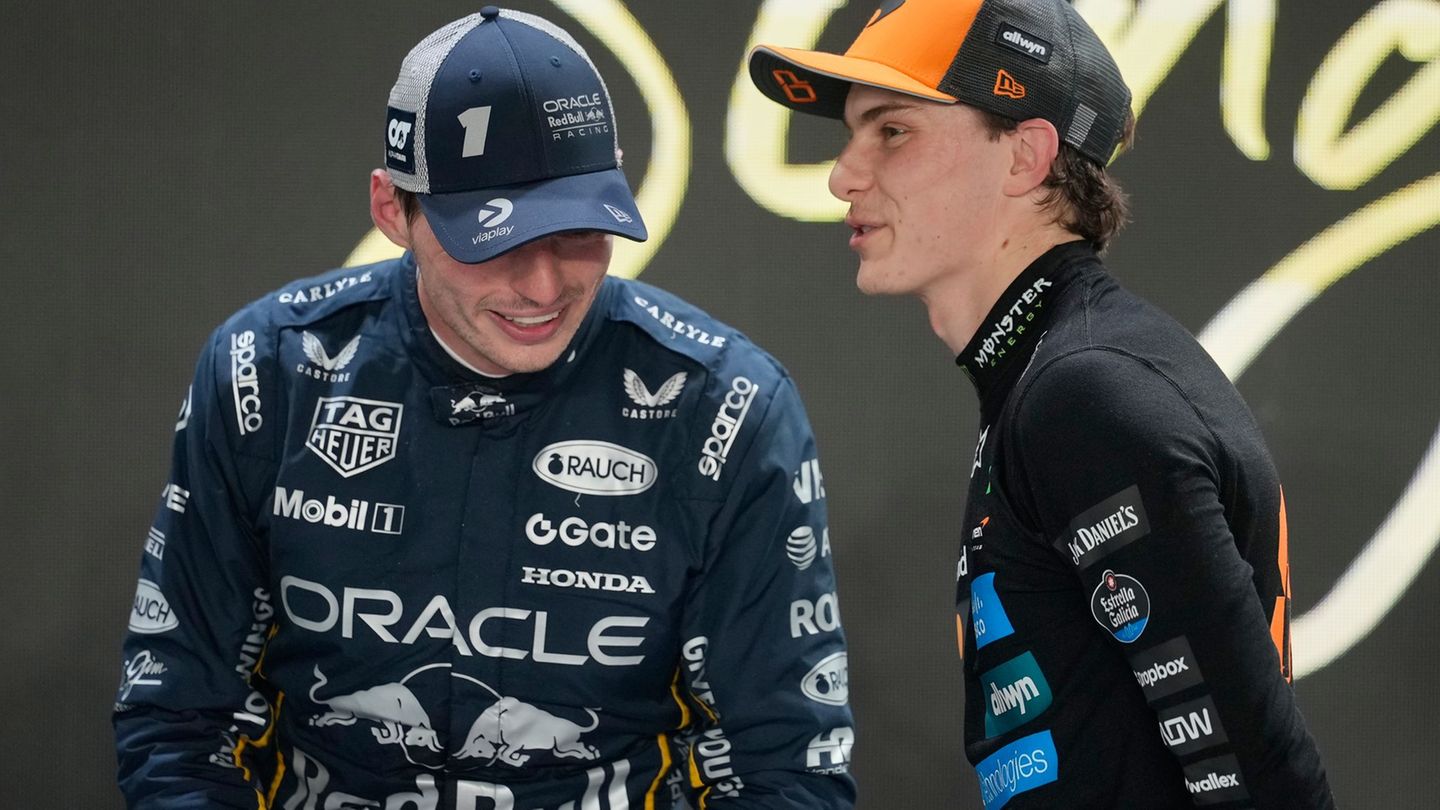Six countries from south-east Europe want to join the EU. In the outgoing Chancellor they see a weighty advocate, whose departure they deeply regret.
A few weeks before leaving politics, Chancellor Angela Merkel confirmed Germany’s interest in the Western Balkans.
“Regardless of how the German elections end, every new German Chancellor will have a heart for the region,” she said on Tuesday at a joint press conference with Albanian Prime Minister Edi Rama.
Merkel ended a two-day trip that had taken her to Belgrade the day before, but which was open to all six Western Balkan countries. Albania, Serbia, Montenegro, Bosnia-Herzegovina, North Macedonia and Kosovo are all aspiring to join the European Union (EU). So far they have reached different stages in the accession process, but they all have a long way to go in terms of democratization and reforms.
In the Albanian capital Tirana, Merkel first spoke with the host Rama and then with the other five heads of government: Ana Brnabic (Serbia), Zdravko Krivokapic (Montenegro), Zoran Tegeltija (Bosnia), Zoran Zaev (North Macedonia) and Albin Kurti ( Kosovo). There were bilateral meetings and lunch together in a business park near the airport.
In Belgrade, after her talks with President Aleksandar Vucic, Merkel emphasized the “absolute geo-strategic interest” of Germany and the EU in the integration of the Western Balkans. In Tirana she reiterated this assessment.
Montenegro has been negotiating accession since 2012, Serbia since 2014. Albania and North Macedonia received the green light to start accession negotiations last year, but EU member Bulgaria is currently blocking the start for North Macedonia because it is forcing national and identity-political concessions from its smaller neighbor want.
The heavily divided Bosnia has only applied for membership. Kosovo, which has broken away from Serbia, is practically at zero point. Five EU countries, including Spain and Greece, do not want to recognize the statehood of the country, which is now almost exclusively inhabited by Albanians.
The accession process is slow, for different reasons. The leadership in Serbia, which has been dominated by President Vucic since 2012, shows little will to reform. Democracy and media pluralism are increasingly undermining them. But the responsible politicians in some “old” EU countries are also showing signs of “enlargement fatigue”.
Merkel found critical words for this in Tirana. “If the conditions for accession or for the start of accession talks are met, then the EU has to keep its word,” she said. It is not acceptable for individual member states to “keep inventing new conditions because for domestic political reasons they have no desire” to deal with potential new members.
Merkel’s trip was also marked by the recognition that the regional heads of government show the Chancellor. “Nobody has done more good for the region than she does, and nobody understands the region better than she does,” said Rama. Vucic had also praised her in the highest tones the day before. “She is an authority that everyone in the region likes to listen to, who has an open ear for everyone,” he said enthusiastically.
David William is a talented author who has made a name for himself in the world of writing. He is a professional author who writes on a wide range of topics, from general interest to opinion news. David is currently working as a writer at 24 hours worlds where he brings his unique perspective and in-depth research to his articles, making them both informative and engaging.




